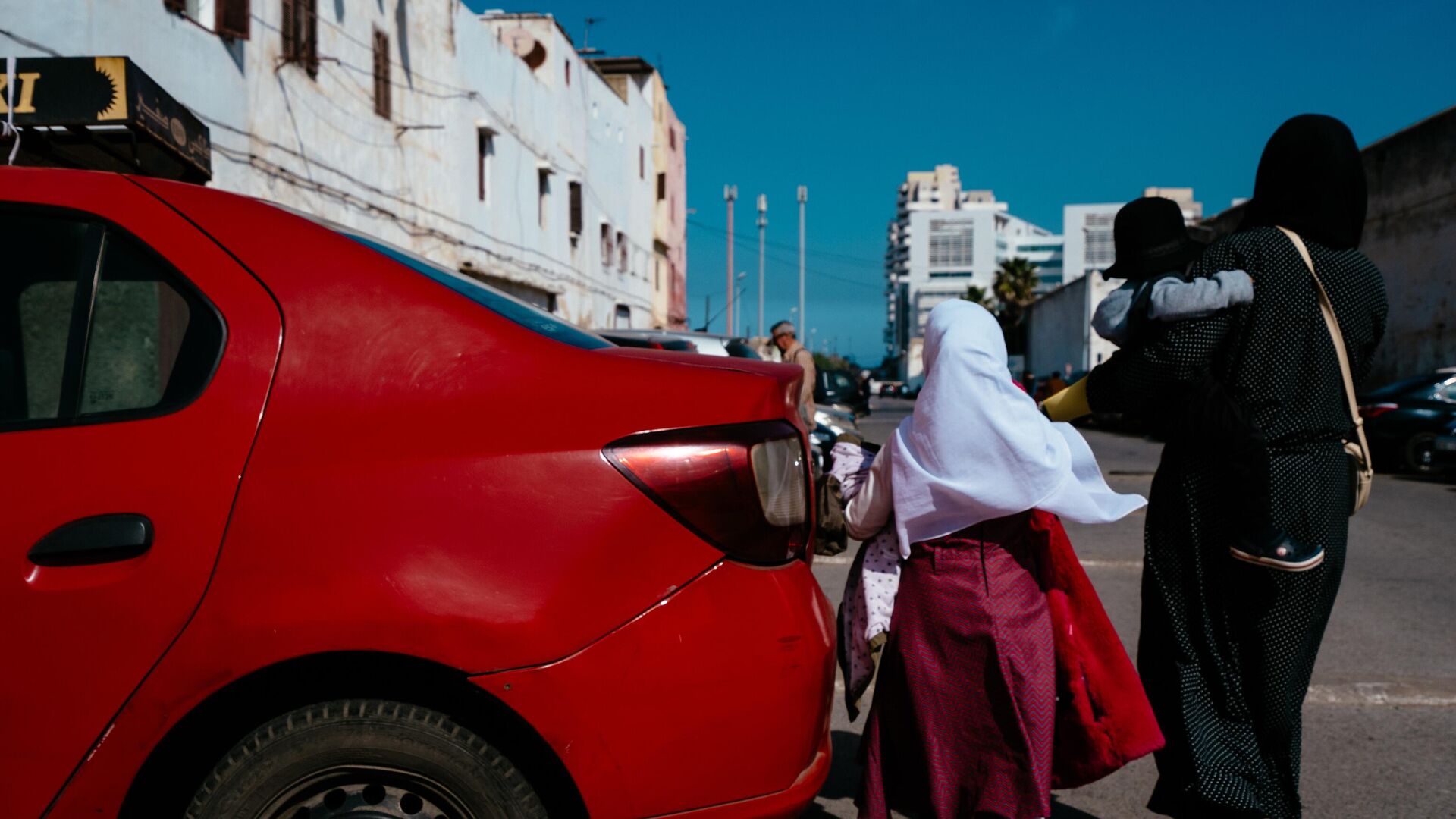Morocco Unveils Reforms to Its Family Law to Improve Women's Rights
10:23 25.12.2024 (Updated: 11:10 25.12.2024)

© Getty Images / Raquel Maria Carbonell Pagola
Subscribe
Women's rights activists in Morocco, a country where Islam is the state religion, have long advocated for revisions to the laws governing women's and children's rights within the family, navigating the complexities of balancing universal and religious values.
The Moroccan government announced sweeping reforms to its family code (Mudawana) on Tuesday, aiming to significantly enhance women's rights after two decades without major revisions.
Moroccan Justice Minister Abdellatif Ouahbi and Minister of Islamic Affairs Ahmed Toufiq on Tuesday unveiled a draft Mudawana that includes more than 100 amendments addressing key areas of concern for women's rights advocates, according to media reports.
At the heart of the proposed changes are:
A stronger position for women in child custody and guardianship.
Giving women veto power over polygamy in a marriage contract. While polygamy remains legal under certain conditions (such as infertility), the amendments place stricter limits on its practice.
simplifying and speeding up divorce procedures, establishing joint custody of children, and ensuring that the surviving spouse retains the marital home in the event of death.
improving the situation of divorced women by allowing them to retain custody of their children after remarriage.
The legal age of marriage will remain at 18, but exceptions for underage marriage will be limited to a minimum age of 17.
King Mohammed VI, emphasizing the importance of upholding Islamic principles alongside universal values, called for the revised code—pending parliamentary approval—to be guided by "justice, equality, solidarity, and harmony."


